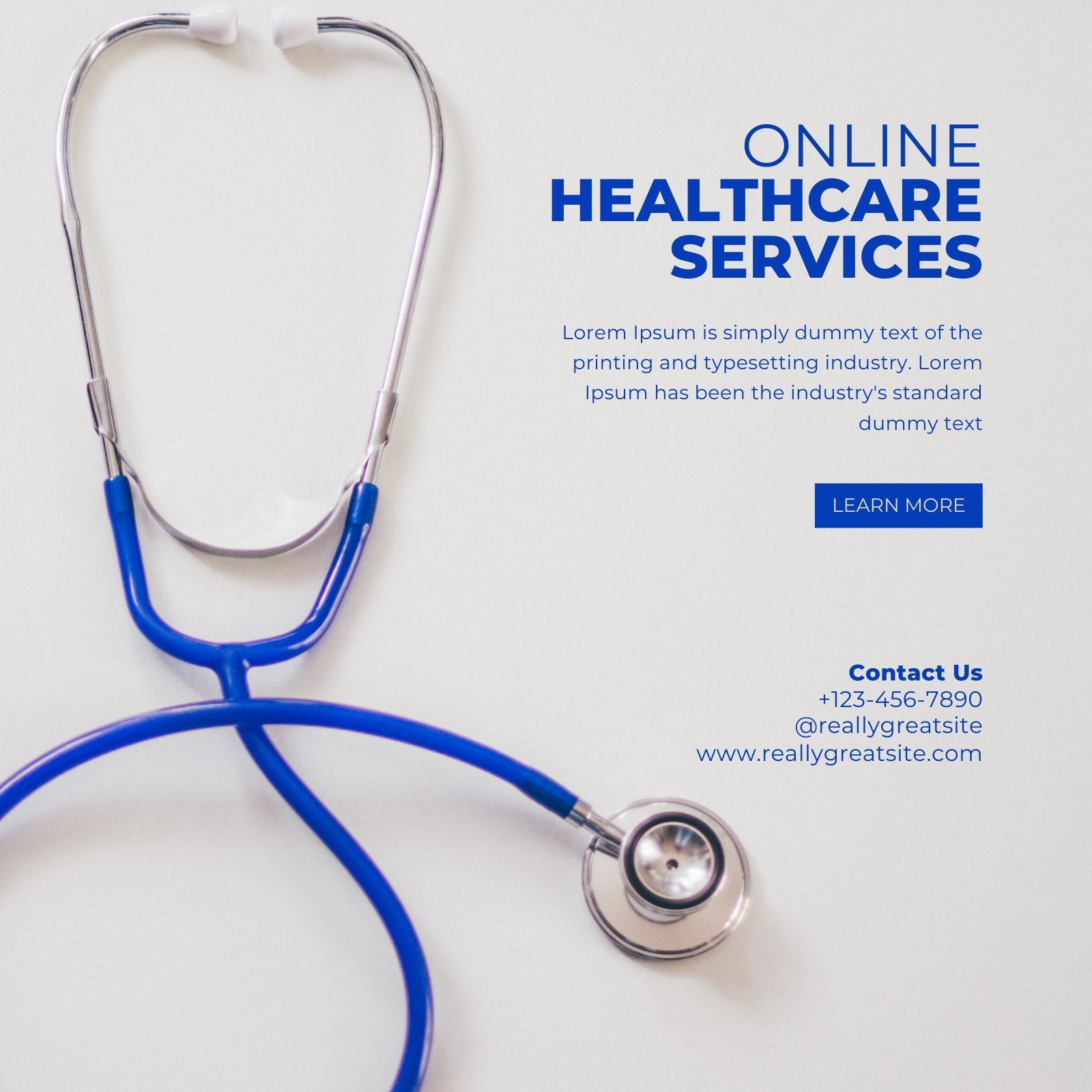Subscription Based Healthcare: Transforming the Way We Think About Health
Subscription Based Healthcare: Transforming the Way We Think About Health
Blog Article
Browsing the Future of Medicine With Subscription-Based Healthcare Provider
As the health care market evolves, subscription-based services become an essential design promising to reshape patient treatment shipment. With the prospective to use streamlined, cost-effective solutions through foreseeable rates and individualized attention, these services stand at the center of modern medical technology. As we consider their rise, one should contemplate the implications of incorporating such systems into existing healthcare frameworks. What obstacles do they position in regards to information safety and equitable access, and how might they redefine the patient-provider relationship? The solutions to these inquiries could basically change our method to health care.
Increase of Subscription Healthcare
As health care systems around the globe face enhancing stress from climbing expenses and need for services, the advent of subscription-based medical care models has become a transformative pattern. This cutting-edge strategy is interrupting typical medical care distribution by offering a predictable, flat-rate repayment structure for clinical services. Rooted in the principles of attendant medication, subscription-based medical care allows providers to concentrate on individualized individual care while at the same time managing operational effectiveness.
The boosting customer demand for transparency and predictability in health care expenses has actually driven the change towards this model. Subscription-based solutions usually offer direct accessibility to healthcare experts, which can decrease the administrative worries associated with insurance policy cases and repayments.
This design is gaining grip amongst diverse medical care providers, from main treatment doctors to specialized facilities, by lining up monetary incentives with continuous and precautionary treatment. By changing the emphasis from quantity to value-based treatment, membership medical care has the prospective to improve the landscape, promoting an extra patient-centered and lasting method to health monitoring.
Advantages for Clients

In addition, subscription-based solutions often stress preventive treatment, encouraging routine check-ups and health screenings. This positive strategy can result in very early detection of health and wellness problems, potentially enhancing results and decreasing long-term medical care expenses for people. In addition, such designs commonly offer clear prices, enabling patients to better comprehend their medical care expenditures and stay clear of unanticipated medical expenses.
The customized nature of subscription-based health care also improves person experience. People can get tailored health care strategies that fit their details requirements, cultivating an extra patient-centric technique.
Technology's Duty in Improvement

Fabricated intelligence (AI) plays an essential duty in anticipating analytics, helping in early diagnosis and customized treatment plans. AI formulas evaluate large datasets to identify patterns that may be forgotten by human observation, thus enhancing scientific decision-making. Electronic health documents (EHRs) streamline patient info management, making certain continuity and coherence of treatment throughout different services and service providers.
Blockchain modern technology improves information protection and personal privacy, important for preserving client rely on digital systems. It allows secure and transparent transactions of clinical information, making sure that sensitive info remains safeguarded. With the integration of artificial intelligence and AI, blockchain can automate intricate health care procedures, decreasing management burdens.
Considerations and obstacles
While innovation drives the capacities of subscription-based healthcare services, it also introduces a set of challenges and considerations that must be addressed to guarantee successful application. One considerable difficulty is the equitable availability of these solutions.
Data privacy and safety and security represent one more important factor to consider. Subscription-based services typically involve the collection and storage of large amounts of individual wellness details. Companies have to comply with rigid information protection policies to keep patient trust and protect against unapproved accessibility, which might result in significant moral and lawful repercussions.
Additionally, the sustainability of subscription versions presents a challenge. As medical care requires develop, maintaining a cost-effective equilibrium between subscription costs and service top quality is essential to avoid patient frustration and attrition. Incorporating these services within typical health care systems requires seamless Get the facts interoperability in between platforms, which is usually a complicated and resource-intensive endeavor. Attending to these challenges is crucial as subscription-based health care solutions continue to broaden and advance.
Future Ramifications for Medication
Subscription-based medical care services are positioned to dramatically affect the future landscape of medication by reshaping exactly how care is accessed and provided. These designs use the prospective to democratize health care gain access to, offering individuals with more timely and customized interventions. By leveraging technology, such as telemedicine and information analytics, registration solutions can assist in constant tracking and tailored wellness monitoring, therefore enhancing outcomes and reducing the burden on typical medical care systems.
As these solutions gain grip, they could stimulate a change towards preventative care, stressing the value of early detection and monitoring of chronic conditions. This aggressive method may inevitably reduce healthcare prices by alleviating the need for pricey treatments arising from late-stage condition administration. Membership models use a scalable solution to attend to disparities in health care access, especially This Site in country or underserved populaces.
However, the shift in the direction of subscription-based designs demands dealing with honest and governing considerations, consisting of information privacy and equitable accessibility. As the industry progresses, joint efforts between policymakers, modern technology developers, and doctor will be vital to establishing durable structures that safeguard patient passions while fostering advancement. Ultimately, these services assure to add considerably to a much more reliable, patient-centered medical care ecosystem.

Conclusion
Subscription-based health care services represent a significant development in the clinical area, using predictable costs and personalized treatment that boost access and focus on precautionary steps. As the healthcare landscape evolves, registration versions are positioned to play an important role in shaping the future of medication.
As the health care industry evolves, subscription-based solutions arise as a critical model assuring to reshape patient treatment shipment.As healthcare systems around the globe face boosting pressures from climbing expenses and demand for solutions, the introduction of subscription-based healthcare versions has arised as a transformative pattern (subscription based healthcare).With the rise of subscription-based medical care designs improving standard healthcare distribution, individuals are starting blog to experience significant advantages from this innovative technique. As health care requires advance, keeping a cost-effective balance in between subscription costs and service top quality is important to protect against client frustration and attrition.Subscription-based health care solutions are poised to substantially influence the future landscape of medicine by reshaping exactly how treatment is accessed and delivered
Report this page